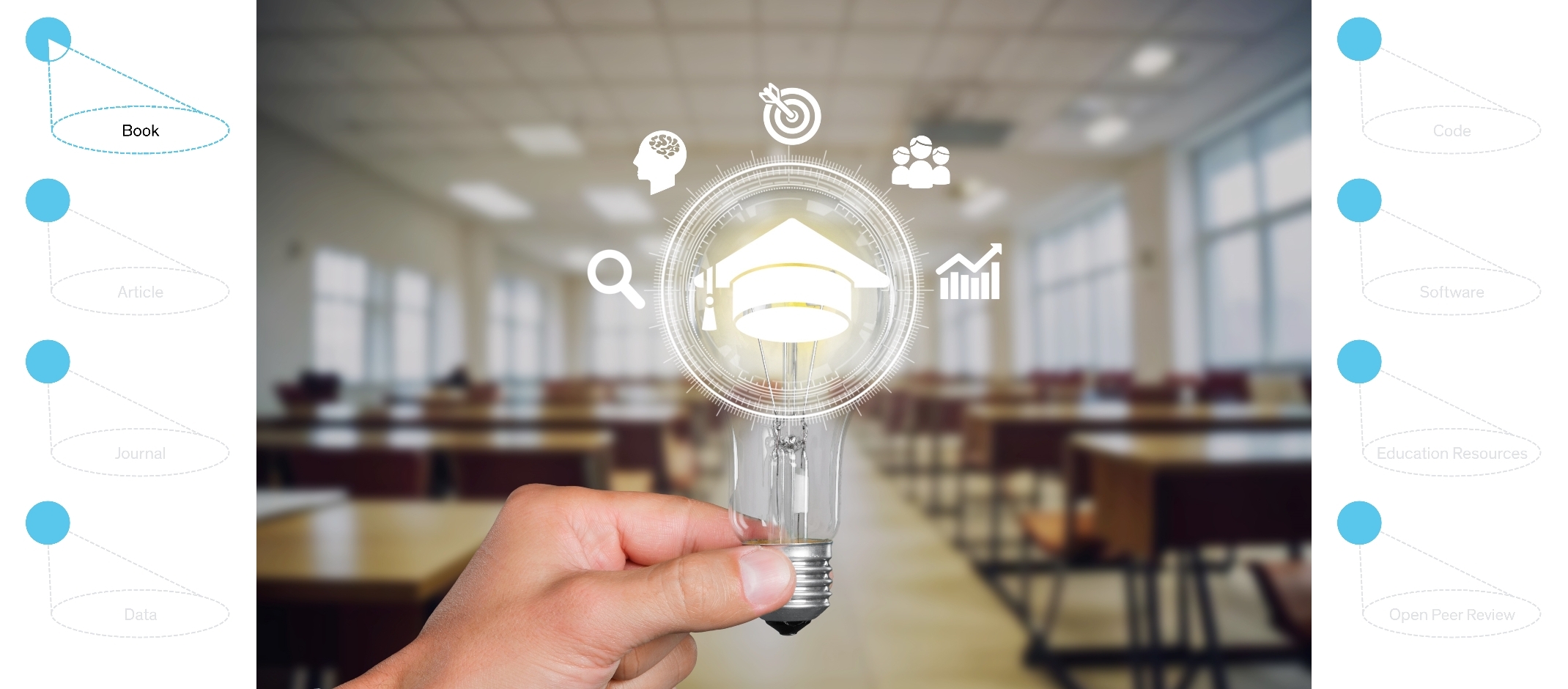Artificial intelligence in education

Artificial intelligence (AI) has a significant impact on the educational landscape. Teaching staff therefore need to look into this topic and develop new AI competencies for the classroom. The topic relates to both students using AI for their everyday learning as well as teachers planning their classes.
An open-access book on AI in education provides an introduction to this topic and contains practical examples for teacher training in the natural sciences. The book (in German) has been published under the title "Kompetenzen für den Unterricht mit und über Künstliche Intelligenz: Perspektiven, Orientierungshilfen und Praxisbeispiele für die Lehramtsausbildung in den Naturwissenschaften", DiKoLANKI for short.
The following persons from the University of Konstanz contributed to the open-access book: Johannes Huwer (ed.), Lars-Jochen Thoms (ed.), Sandra Berber, Mathea Brückner, Vanessa Knittel, Barbara Pampel, Julia Albicker, Sabrina Syskowski and Nikolai Maurer.
You can download DiKoLANKI free of charge as a PDF on the Waxmann publisher website.

